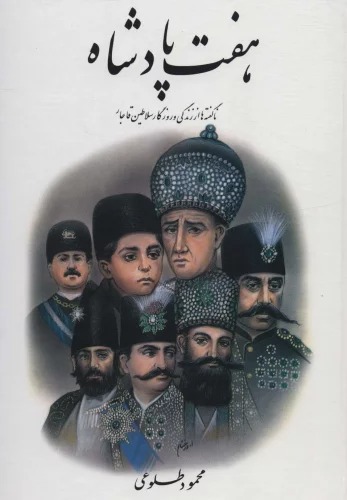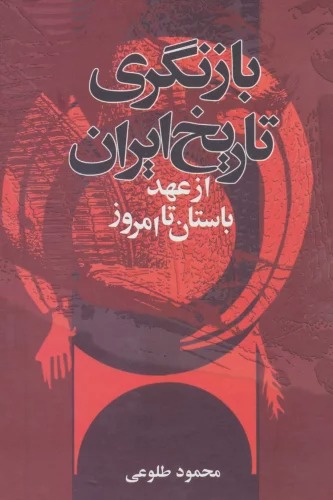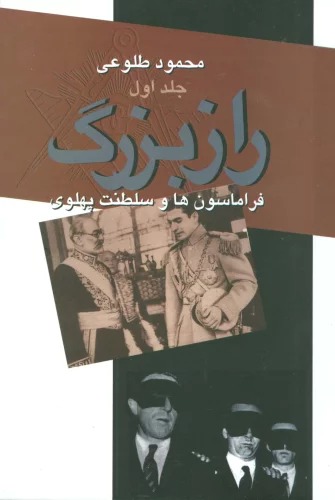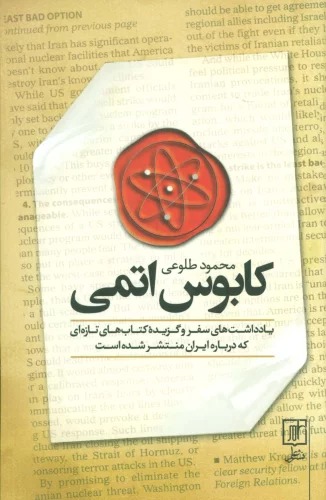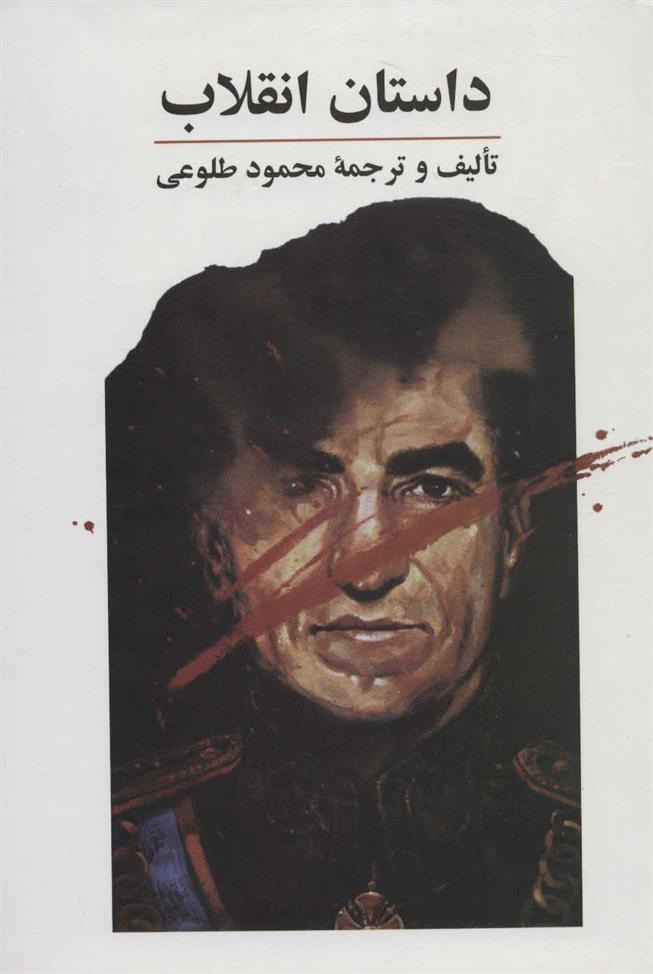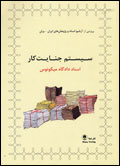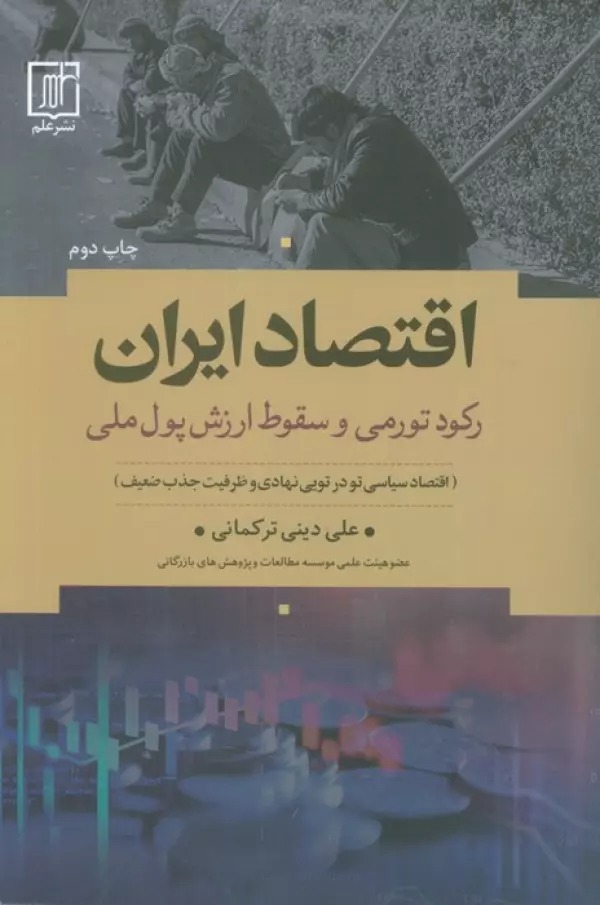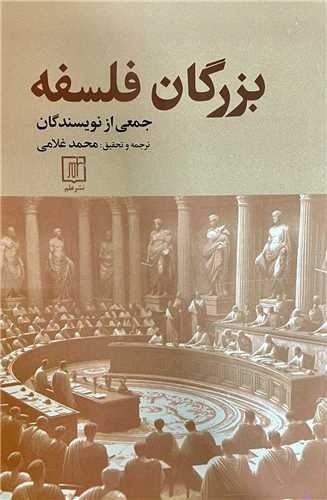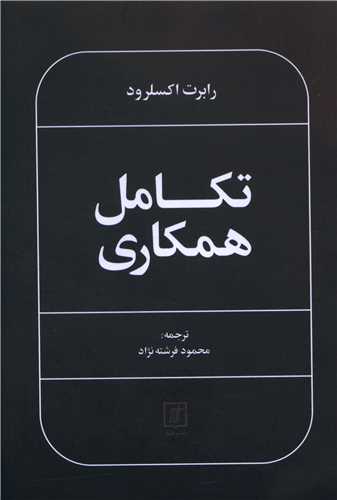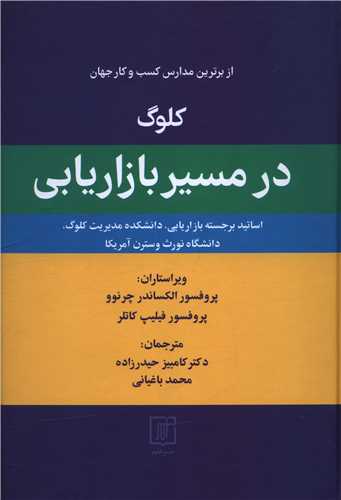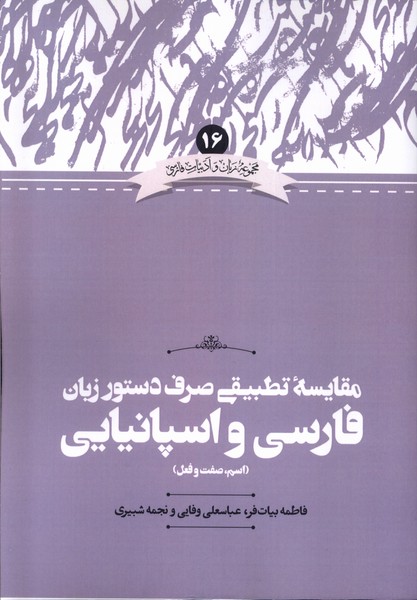Haft Pādishāh: Persian 2019
هفت پادشاه
82.91 $
Share
Wishlist
The two-volume book "Seven Kings" is a brief description of the political history of the Qajar kings. The first volume of this collection contains five sections from the beginning of the Qajar work to the end of the reign of Naser al-Din Shah. And his actions, Muhammad Shah Qajar and the situation in Iran during his reign, Naser al-Din Shah and the major events of his time have been described and analyzed. The most important contents of this volume are as follows: the first famous Qajar general, Agha Mohammad Khan's war with Lotf Ali Khan Zand, the killing of the Turkmens and Agha Mohammad Khan's campaign to the Caucasus, the coronation in Tehran and the conquest of Khorasan, the wonders of Agha Mohammad Khan's life; the struggle of Fath Ali Shah with The claimants of British rule and influence in Iran, Crown Prince Abbas Mirza, the competition of foreign governments in Iran, the wars between Iran and Russia and the treaties of Golestan and Turkmenchai, the conquests of Abbas Mirza and his death, the descendants of Fath Ali Shah; The role of Viceroy Farahani in the reign of Muhammad Shah, the ministry and chancellery of the Viceroy, the assassination of the viceroy and chancellery of Haji Mirza Aghasi, the war of Herat and the conflict between Russia and England in Iran, Fitna Bab, differences between Iran and the Ottoman Empire and the Treaty of Arzaneh al-Rum, the death of Muhammad Shah and the succession of Naser al-Din Shah to The reign of the seditionist in Khorasan and British interventions, Bab's sedition and their suppression, Amir Kabir's rule and the difficulties of his work, the removal and murder of Amir Kabir, the chancellorship of Mirza Agha Khan Nouri, the conquest of Herat and the war between Iran and England, the dismissal of Mirza Agha Khan Nouri from the chancellery Naser al-Din Shah's travels to Farang, Seyyed Jamal al-Din Asadabadi's entry into the Iranian political scene, Naser al-Din Shah's assassination, and his women and children.
more
کتاب دو جلدی "هفت پادشاه "شرح مختصری از تاریخ سیاسی پادشاهان قاجار .جلد اول این مجموعه ذیل پنج بخش در برگیرنده دوران آغاز کار قاجارها تا پایان سلطنت ناصرالدین شاه است .در این جلد چگونگی به قدرت رسیدن قاجارها، حکومت آقامحمدخان، فتحعلی شاه قاجار و اقدامات او، محمدشاه قاجار و اوضاع ایران در زمان سلطنت او، ناصرالدین شاه و وقایع عمده زمان او شرح و بررسی شده است . مهم ترین مطالب جلد حاضر از این قرار است :نخستین سردار نامدار قاجار، جنگ آقا محمدخان با لطفعلی خان زند، کشتار ترکمن ها و لشکرکشی آقا محمدخان به قفقاز، تاجگذاری در تهران و فتح خراسان، شگفتی های زندگی آقا محمدخان ;کشمکش فتحعلی شاه با مدعیان سلطنت وقدرت نفوذ انگلستان در ایران، ولیعهدی عباس میرزا، رقابت های دولت های خارجی در ایران، جنگ های ایران و روس و معاهدات گلستان و ترکمنچای، فتوحات عباس میرزا و مرگ او، اولاد و احفاد فتحعلی شاه ; نقش قائم مقام فراهانی در سلطنت محمدشاه، وزارت و صدارت قائم مقام، قتل قائم مقام و صدارت حاجی میرزاآقاسی، جنگ هرات و کشمکش روس و انگلیس در ایران، فتنه باب، اختلافات ایران وعثمانی و عهدنامه ارزنه الروم، مرگ محمدشاه و جانشینی ناصرالدین شاه به سلطنت ;فتنه سالار در خراسان ودخالتهای انگلیس، فتنه باب و قلع و قمع آن ها، حکومت امیرکبیر و دشواری های کار او، عزل و قتل امیرکبیر، صدارت میرزا آقاخان نوری، تسخیر هرات و جنگ ایران و انگلیس، عزل میرزا آقاخان نوری از صدارت، سفرهای ناصرالدین شاه به فرنگ، ورود سید جمال الدین اسدآبادی به صحنه سیاست ایران، ترور ناصرالدین شاه، و زنان و فرزندان او .
more

